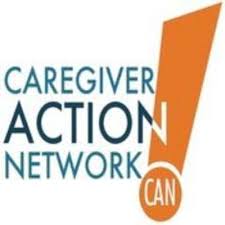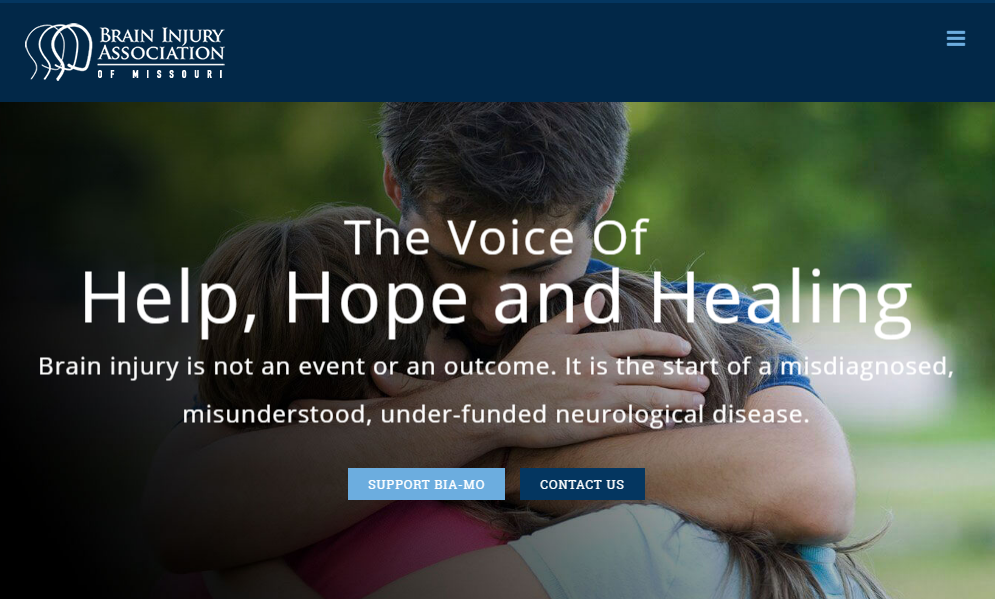Leading Companies Embrace Disability Inclusion in the Workplace

By AAPD
October marks National Disability Employment Awareness Month (NDEAM), a time to recognize and celebrate the contributions of workers with disabilities, while educating employers and the public about the value of a diverse workforce that recognizes the skills and talents of people with disabilities. Now is an ideal time to learn more about the disability inclusion policies and practices of your company and of those you support.
In 2018, 126 major businesses were rated as “Best Places to Work for Disability Inclusion” on the Disability Equality Index (DEI), a benchmarking tool developed by the American Association of People with Disabilities (AAPD) and Disability:IN in consultation with an advisory committee composed of experts in business, policy, and advocacy. The DEI offers businesses an opportunity to receive an objective score, from zero to 100, on their disability inclusion policies and practices. It is an aspirational and educational recognition tool intended to help companies identify opportunities for continued improvement and help build a company’s reputation as an employer of choice. The 2018 participating DEI corporations account for a total U.S. workforce of 7.8 million employees. You can view the list of top-scoring companies here.
Since the launch of the DEI in 2013-14, we have seen this tool and the enthusiasm of our corporate partners result in collaborative gains in inclusivity and diversity. In 2018, we experienced a record 32% increase from 2017 in the number of companies participating in the DEI. And, for the first time, business leaders have a deeper knowledge and recognition of policies and contemporary practices that increase job opportunities and advancement for all, and especially for people with disabilities.
Highlights from the 2018 Disability Equality Index:
- Of the 145 participating companies, 126 earned a top score (80 points or higher), with 62.7% earning a 100 rating – the highest score possible. This is a substantial increase from 2015, when 22.5% received 100 ratings, and 2016, when 50.6% earned 100 ratings.
- The average score of participating companies was 90. Companies use the DEI year after year as a benchmarking tool to identify and address opportunities to further enhance their disability inclusion efforts.
- 95% of DEI companies have a written disability accommodation procedure available to employees that explains the process for requesting reasonable accommodations. This process was posted in places where employees could access it on their own.
- 94% of DEI companies reported having a Senior Executive (within the first two levels reporting to the CEO) who is internally known as being a person with a disability and/or an ally for people with disabilities.
- 90% of DEI companies have in place and clearly communicate to their employees the process for requesting disability accommodations for off-site company meetings and activities.
- 88% of participating DEI corporations have a companywide written statement of commitment to Diversity & Inclusion that specifically mentions disability, up from 79%in 2017.
- 87% of DEI companies have an officially recognized disability-focused Employee Resource Group (ERG) or Affinity Group. This is a significant increase from 2014, when the inaugural DEI reported that just 66% of DEI companies had a disability-focused ERG.
- 72% of DEI companies had expenditures with certified disability-owned businesses and/or certified service-disabled veteran-owned businesses.
The DEI enables companies to achieve a culture of inclusion that promotes increased self-identification, employees feeling truly welcomed to be their authentic selves, and innovation sparked by disability inclusion being built into products and services.
We are confident that as we continue to enhance the DEI, we will see an expanded bench of self-reporting corporate partners, a growing number of corporate leaders earning 100 ratings, and perhaps most of all, a corporate community fully dedicated to enhancing their cultures and increasing employment opportunities for people with disabilities - helping to fulfill one of the Americans with Disabilities Act’s major goals: economic self-sufficiency.
From talking to business leaders, we know that disability inclusion is good for business. Later this month, we'll release a study demonstrating that companies who take the DEI and embrace disability inclusion show better business performance and shareholder returns.
Registration for the 2019 DEI is open now through Jan. 11, 2019. Interested companies can learn more and register to participate by visiting www.disabilityequalityindex.org/register.
The American Association of People with Disabilities (AAPD) is a convener, connector, and catalyst for change, increasing the political and economic power of people with disabilities. As a national cross-disability rights organization, AAPD advocates for full civil rights for the over 56 million Americans with disabilities by promoting equal opportunity, economic power, independent living, and political participation. Learn more at www.aapd.com.
Allsup
Related Articles

Uncategorized
Helping Family Caregivers With What They Need to Know

Uncategorized
Understanding MS and Disability Benefits

Uncategorized
BIA-MO Gets Real about Brain Injury Awareness

